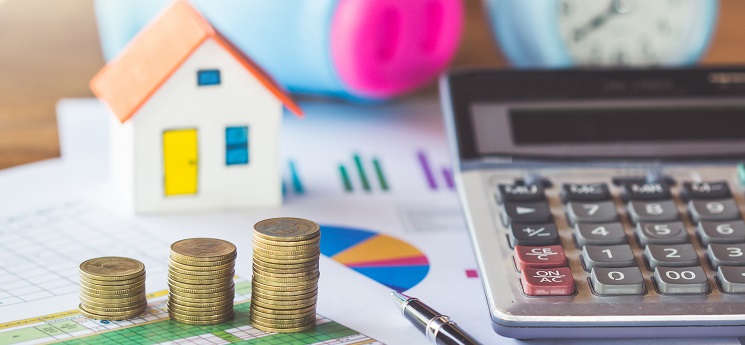Did the housing boom ever end? Will the current housing boom ever end?
Despite the biggest recession in 100 years in 2020, due to the coronavirus pandemic, Australian house prices are surging and not predicted to decline any time soon.
“Property values across Australia are growing at their fastest rate in 17 years, with CoreLogic reporting a lift in median prices of 2.1 per cent in February to $598,884 – the largest month-on-month increase since August 2003,” nestegg.com reports.
The Commonwealth Bank forecasts house prices will soar by 16 per cent over the next two years.
Ray White real estate agents say: “The economic recovery is feeding into a solid rebound in consumer sentiment and encouraging households to reduce their savings buffer and spend more.”
The White Group expects stock will lift in March and April, but demand “will continue to trump supply for some time”.
They expect a “temporary slowdown” in Australia’s economic recovery due to stimulus measures JobSeeker and JobKeeper ending, but the continuing closure of international borders and increasing market supply mean the market will remain rampant.
Read more: How to sell excess land and retain the Age Pension
Real estate site domain.com.au reports: “Ultra-low interest rates are pushing up property prices, with new figures showing the average home buyer could spend $41,000 more at auction than a year ago.
“Interest rates were slashed to boost the pandemic-hit economy and the Reserve Bank this week emphasised it will keep rates low for the next three years, even if house prices soar.
“With cheaper mortgage repayments, a borrower on an average income of $89,000 who has saved a 20 per cent deposit could have a budget of $806,250, research from comparison website Canstar found.
“A year ago, the same buyer would have had less borrowing power and a budget of only $765,000.”
Yahoo Finance warns that the eventual reopening of borders and a return to pre-pandemic immigration rates could further overheat the housing sector.
Property investment expert Michael Yardney told Yahoo a “perfect storm” of factors is creating demand. These include increasing consumer confidence, low COVID-19 case numbers, stronger than expected economic recovery, strong auction clearance rates, a lack of good quality properties creating a seller’s market, the RBA’s guarantee of low interest rates and a fall in bank loan deferrals.
Steve Mickenbecker, Canstar Group’s executive of financial service, told Nine News there was also a human factor at play – FOMO.
“Property demand has run way ahead, with the fear of missing out becoming a powerful psychological driver as government incentives and low interest rates have encouraged first home buyers and home builders into the market in a rush,” Mr Mickenbecker said.
Read more: Unlikely allies demand action on social housing
ABC News analyst Ian Verrender says the removal of responsible lending laws will help create a “sustained real estate boom”.
He says that usually a central bank would seek to dampen such a market, to avoid a housing “bubble”.
But the RBA has bought into the “Wealth Effect”.
“If housing prices inflate and the stock market keeps rising, people will feel wealthier, and they’ll start to spend. That, in turn, will boost earnings, investment, profits and lead to higher inflation and wages.
“Rate cuts were supposed to do exactly that but didn’t. In fact, all they’ve really done is boost asset prices. And now it’s hoped soaring asset prices will do the job.
“Of course, the biggest problem with soaring real estate prices and stock markets is that they drive a mighty wedge between rich and poor. Those with assets end up sitting pretty. Those without end up being left further behind.”
He says central banks have decided that instead of taking preventative action, they’ll “let the party go on”.
Martin North, principal of Digital Finance Analytics, told The Guardian that the federal government’s determination to sustain prices is built on “massive debt”.
“Banks are lending six or seven times average incomes. They’re doing what they were doing before the royal commission. This is an unsustainable and a highly risky extension when we should be investing in more sustainable or longer-term solutions.”
Can you afford to buy a house in this market? Are you considering selling your house because of the boom?
Read more: Boom promotes inequality
If you enjoy our content, don’t keep it to yourself. Share our free eNews with your friends and encourage them to sign up.

